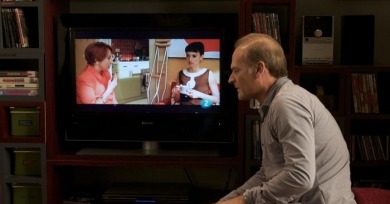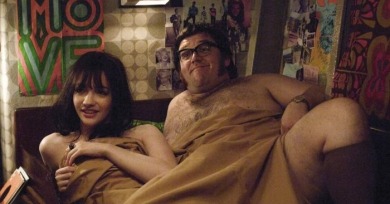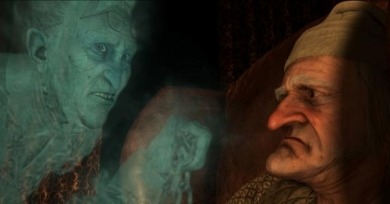Reviews
Here is Meg Ryan, once more as an overgrown child-woman, cooing and pawing around as though a fresh ingenue; even ten years ago, at the time of You’ve Got Mail, this shtick seemed desperate.
Fans of Cormac McCarthy’s The Road—and it’s surprising there are many, considering it’s such a sparse, bleakly unsettling work—will surely find much to like in John Hillcoat’s screen version.
The filmmaker’s Before Sunrise/Sunset diptych may be considered his archetypal works, but in focusing on just two characters they’re atypical: few American filmmakers are as fully invested in teasing out the character of communities, and his films are always full of well-balanced personages.
One of contemporary cinema’s most graceful, taken-for-granted actors, Robin Wright, too long in the shadow of her ex-husband, would seemingly have finally found the perfect leading role in Rebecca Miller’s The Private Lives of Pippa Lee.
There’s something satisfying about seeing such an odd, ugly duck on American multiplex screens this weekend. It will undoubtedly be the only film playing in which the protagonist is introduced calling a drowning man a “shitbird” and a “shit-turd.”
Updating the private investigator film with September 11 shadings is not a terribly novel idea, but writer/director Noah Buschel isn't an idea man.
All of this is really a polite way of saying that lately, Almodóvar has gotten a free pass from critics, who received his last two movies, Bad Education and Volver, with (too much) enthusiasm. They’re both sensuous, smartly conceived films, but they also trip over their own ambitions.
Financed by the state-owned China Film Group Corporation to the tune of $80 million, John Woo's Red Cliff is the latest “most expensive Chinese film ever made,” following quickly upon such prior contenders as Curse of the Golden Flower and Hero.
Much can be said about the concept and implications of globalization. That it’s good for corporations, indifferent to local economies and cultures, rough on the working class. Here’s another: globalization inspires very bad art.
There are few American filmmakers currently working who are more fastidious about composition than Wes Anderson, and in a sense he has been making animated films all along.
n all fairness, it should be said that there is much to enjoy in Pirate Radio, notably a few set pieces in which Curtis the writer really comes into his own, as well as that overarching sense of bonhomie that infects all Curtis productions and makes watching them akin to eating a big cheap candy bar.
That some of the most beautiful passages in the English language become mere means to an end in Zemeckis’s film rather than its necessary emotional centerpiece—the chestnut dressing rather than the roast goose, let’s say—is the first clue as to where the director’s sympathies ultimately lie.
In reality, what should be said of The Box, especially in the wake of Southland Tales, is that when it comes to Richard Kelly there’s no there there, and likely never was.













